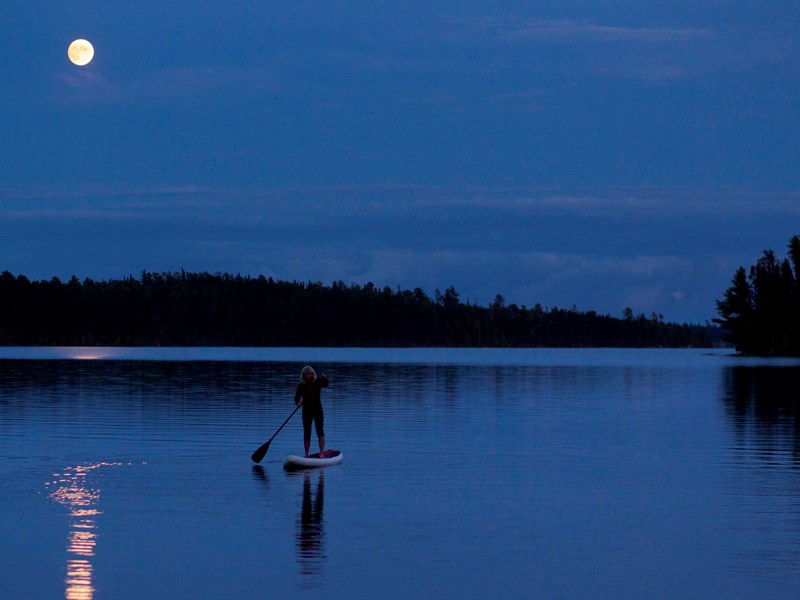While some people are fearful of what COVID-19 can do to them or their loved ones, there are others pointing out that this may be the start of a new way of operating politically, ethically and financially. Still others just say it is an opportunity for something new.
For those who are losing or have lost their loved ones, it is a challenge to think this way. Yet in the past, hard times have often brought new ways of thinking and doing.
We are told to stay at home and limit our interaction to our own family. For artists who are used to retiring to their little abode to do creative work, it isn’t such a big change.
With all this time that is now available, we can go inside and be a resource to ourselves. What can we look for inside?
We already have a set of values, habits and preferences to consider. But do we know who we are, what we are all about and what our priorities are? It is an opportunity for reflection.
Day to day normality has often dictated what we will do in the minutes and hours ahead. We have become automatons to some degree. Somewhere inside us, there is a person that perceives, senses, decides and acts. Maybe we should pay them a visit.
Our inner person may have been longing for that. A pond that is ruffled by the wind scatters the moon’s reflection into myriads of sparkling lights. There is no clear reflection of the moon itself. Calm the wind, and soon the water surface flattens and the moon’s clear image can be seen. This may be a benefit of the pandemic, an opportunity to stop and calm the mind so we can explore what is there.
One thing we can look into is our relation to all living things. In our usual way of thinking, it seems that fish are there to end up on our plates, as are cattle and poultry. We see them for their utilitarian value, not respecting that they have a life of their own and we have separated ourselves from the rest of the biosphere.
Mountains and beautiful scenery are there for tourists to view, oceans are there to cruise on. Mostly we visit the wild in zoos or on safaris. Inside us there are legions of bacteria and living things; our bodies welcome the good ones and fight the bad ones.
We are part of this world, not just tourists in it. Our bodies evolved from the animal world. All things are connected. We are in it and of it.
So where is the living world ranked in our personal set of priorities? Are we taking care of it, respecting it, grateful for it? Or do we really think we can continue to exploit and degrade the natural world or just be a tourist?
Earth is our home and there is no Planet B; it is a miracle to be appreciated. We forget that at our own peril.
Let us go inside now, slow down and open our inner eyes and ears, adopt a receptive attitude, and ask ourselves how we can better relate to our fellow humans and our precious planet.
Yvon Ricard is a member of Climate Action Powell River.



